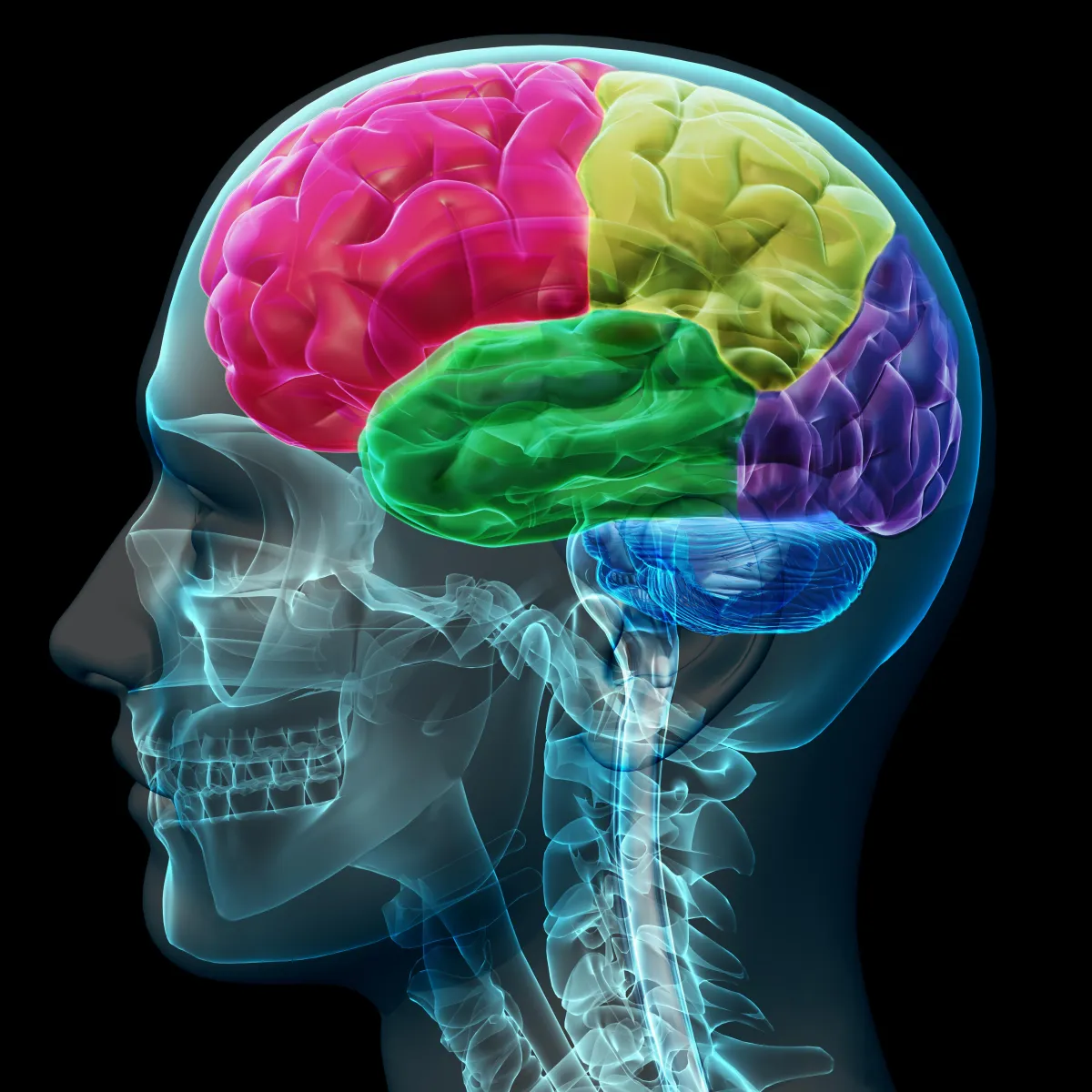Neurological illness: Gut Health
Neurological illnesses, including schizophrenia, epilepsy, autism, Alzheimer's, multiple sclerosis, and Parkinson's disease, involve complex causes and symptoms, requiring personalized treatments combining medications, nutritional interventions, and therapies to manage and improve quality of life.

Description of Neurological illness
Neurological illnesses encompass a broad spectrum of conditions that impact the nervous system, which includes the brain, spinal cord, and peripheral nerves. These conditions can vary widely in severity, symptoms, and causes, but they all disrupt the normal functioning of the nervous system and can significantly affect a person's quality of life.
1. Schizophrenia Causes: The exact causes are multifaceted, involving genetic, environmental, and biochemical factors. Often, nutritional deficiencies are implicated.
Symptoms: Common symptoms include hallucinations, delusions, disorganized thinking, and social withdrawal.
Treatment: Treatment often includes antipsychotic medications, although they may have side effects. Nutritional interventions, such as vitamin supplementation, have also shown promise in symptom management.
2. Epilepsy Causes: Caused by abnormal electrical activity in the brain, with many cases having no identifiable cause. Known triggers include fever, brain injury, and genetic factors.
Symptoms: Characterized by recurrent seizures presenting as convulsions, sensory disruptions, or involuntary movements. Treatment: Anti-seizure medications are common, but dietary interventions like the ketogenic diet can also be effective.
3. Autism Spectrum Disorder (ASD) Causes: Likely a combination of genetic and environmental elements. Some hypotheses also suggest impacts from viral infections and dietary influences.
Symptoms: Challenges in communication, repetitive behaviors, and social interaction difficulties are typical.
Treatment: Treatment often involves behavioral therapies, nutritional management, and medications for associated symptoms.
Other Neurological Conditions Alzheimer's Disease: Associated with memory loss and cognitive decline. Treatments aim to slow progression and manage symptoms with medications and lifestyle adjustments.
Multiple Sclerosis (MS): An autoimmune disorder causing nerve damage. Symptoms include fatigue and vision problems, with treatment focusing on disease-modifying therapies.
Parkinson's Disease: Marked by tremors and stiffness, it is managed with medications and sometimes surgical interventions like deep brain stimulation. Each neurological illness has unique challenges and requires a personalized treatment strategy, often involving a combination of pharmacological and non-pharmacological approaches under the guidance of healthcare professionals.
Role of Gut Imbalances in Neurological illness
Gut imbalances, particularly within the gut microbiome, play a critical role in various neurological illnesses. The gut microbiota encompasses a complex community of beneficial bacteria that maintain gut health and influence broader physiological processes, including brain function. When this balance is disrupted, often referred to as dysbiosis, it can have significant neurological implications.
Mechanism of Influence: An imbalanced gut microbiome can lead to an overgrowth of opportunistic or pathogenic microbes. These harmful microbes produce a variety of toxins that travel from the gut to the brain, potentially contributing to neurological conditions such as autism, schizophrenia, attention deficit hyperactivity disorder (ADHD), and depression.
Leaky Gut and Neurological Impact: A compromised gut, often described as "leaky gut," allows various harmful substances, including toxins and partially digested food particles, to enter the bloodstream and reach the brain. This can trigger neurological symptoms like seizures, involuntary movements, and may even lead to enhanced immune responses that manifest neurologically.
Nutritional Deficiencies: Gut imbalances can impair nutrient absorption, leading to deficiencies in vital nutrients crucial for brain health. Nutrient deficiencies, such as in folic acid, vitamin B6, manganese, and vitamin B1, have been linked to neurological symptoms, including seizures. Although less documented, deficiencies in magnesium, zinc, and amino acids are also suspected to affect neurological health.
Exacerbating Factors: Environmental toxins and stress can further disrupt the gut-brain connection, worsening neurological symptoms. A focus on maintaining gut health through diet, probiotics, and lifestyle changes may help reduce brain-directed toxins and support overall neurological health. In summary, the health of the gut microbiome is intricately linked with neurological well-being. Addressing gut imbalances through nutritional and lifestyle interventions can potentially alleviate or mitigate neurological illnesses by bolstering brain health and reducing harmful microbial byproducts.
